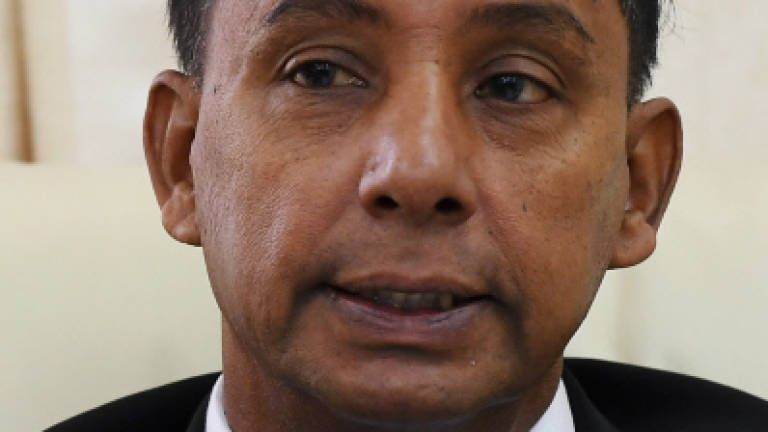New minimum wage in two months: Kulasegaran

KUALA LUMPUR: The minimum wage in the country is expected to be increased within the next couple of months and will be implemented and standardised across the board for all Malaysians and foreign citizens.
Human Resources Minister M. Kulasegaran said this was following the completion of the review on the 2016 Minimum Wages Order by the National Wages Consultative Council (NWCC).
"This recommendation (to increase minimum wage) will be tabled to the government in the near future. If there are no obstacles, this order will come into effect in a month or two," he told the Dewan Rakyat today.
Kulasegaran was asked to comment on the latest development of Pakatan Harapan's (PH) promise of standardising the monthly minimum wages of employees across the country and increasing them to RM1,500 within their first term as government.
"The implementation of the new minimum wage across the board will go on inline with our 10 promises in 100 days, to ensure the rakyat get equal rights on the aspect of salary, regardless of their states," he said.
The current minimum wage is RM1,000 for those in the Peninsular Malaysia and RM920 for Sabah, Sarawak and Labuan.
It is however yet to be known what the new uniformed minimum wage would be.
Kulasegaran also explained that the minimum wage would be reviewed every two years, before finally peaking at the RM1,500 rate as promised by the end of their current term as government.
He said the review on the wages was made taking into account factors such as productivity growth rate, employers' ability to pay the salaries and unemployment rate.
Kulasegaran added that there would not be discrimination on the minimum wage implementation against foreign workers in the spirit of human rights as enshrined in the International Labour Organisation Convention.
"The standardised wage is also to guarantee and protect job opportunities for the locals. If they are not (uninformed), then there will instances where employers would prefer taking foreigners as they could pay them at a lower rate," he said.
The Ipoh Barat MP also acknowledged that the implementation of the new wages would incur increased costs to the private sector, as well as the government indirectly, especially for government contracts that are outsourced.
"In view of this, the government have studied the matter to ensure the implementation is done according to the rehabilitation of the country's economy.